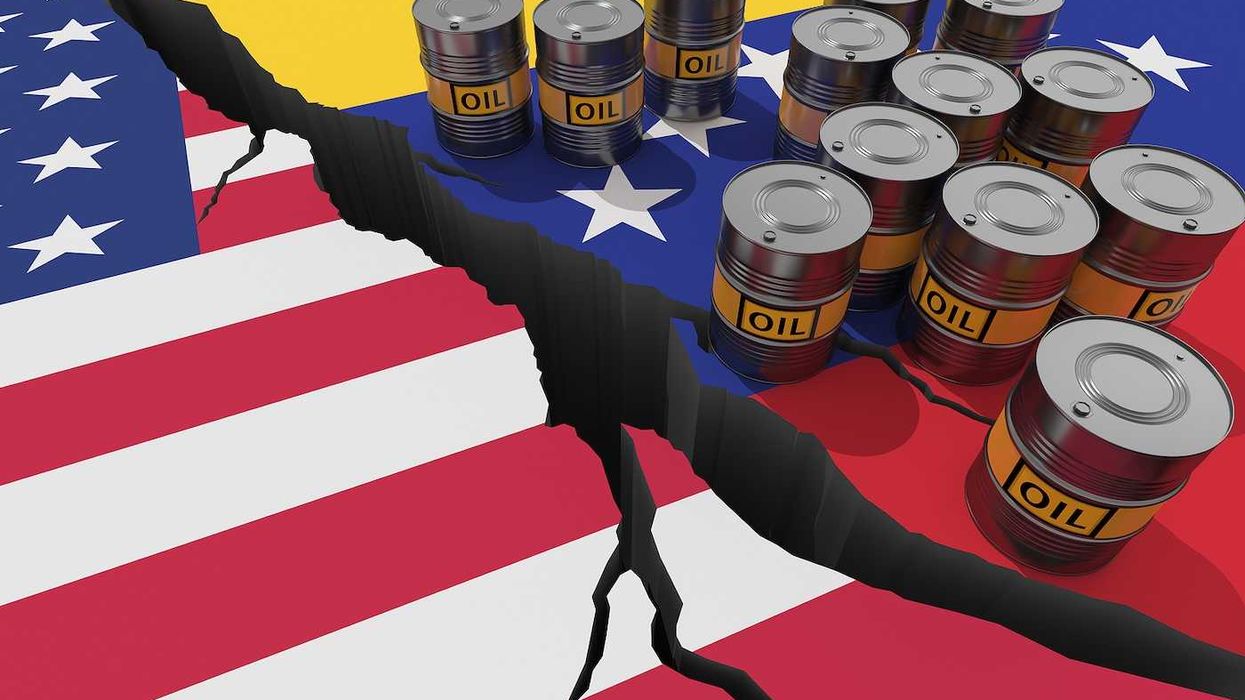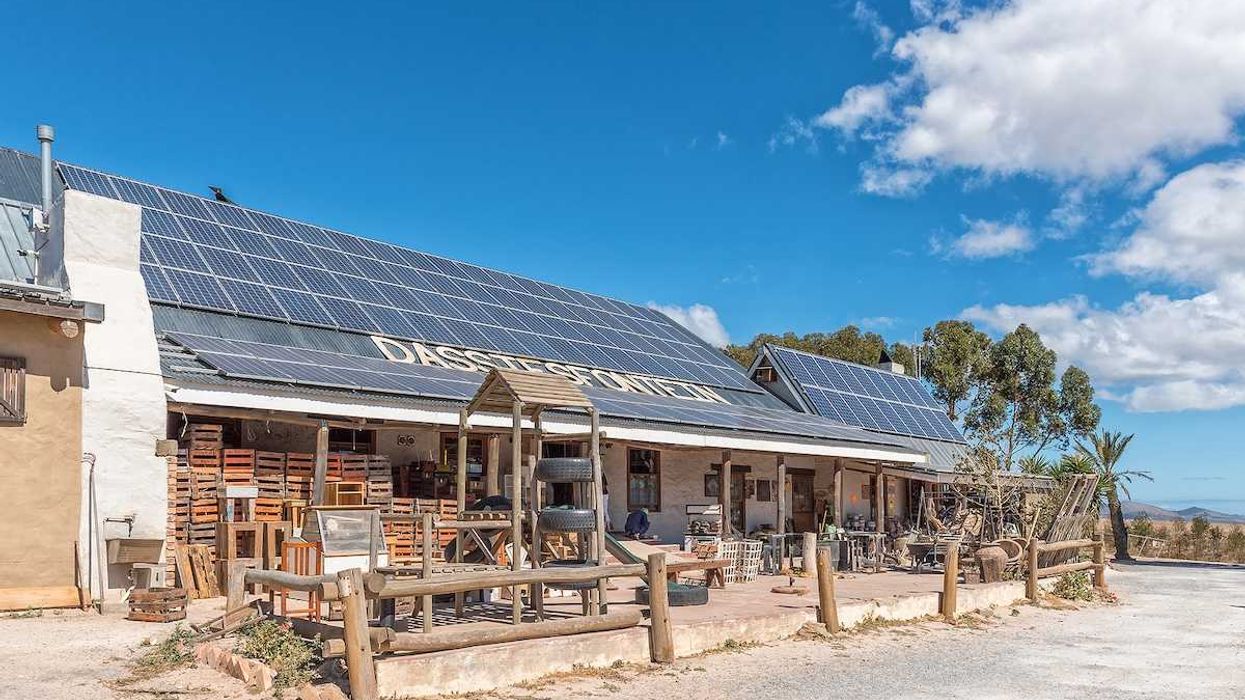An abandoned oil well in Reeves County, Texas erupted on October 2, releasing toxic water and gas and exposing nearby residents to hazardous chemicals.
Carlos Nogueras Ramos and Alejandra Martinez report for The Texas Tribune.
In short:
- A well near Toyah, Texas, exploded, emitting oil, water and gas for days, causing nausea and concern among residents.
- Orphaned wells, like this one, remain a major environmental issue in Texas, posing risks of air and water contamination.
- Texas regulators have plugged only a fraction of these wells despite receiving significant federal funding.
Key quote:
"It's easy to lose faith in state agencies when they're just reactive and are not taking any proactive measures to prevent these [blowouts]."
— Dominic DiGiulio, former geoscientist with the EPA
Why this matters:
These blowouts endanger the health of communities and contribute to methane emissions, a powerful greenhouse gas. A lack of proactive measures means these incidents are likely to persist, with potentially severe environmental and public health consequences.
Related:














